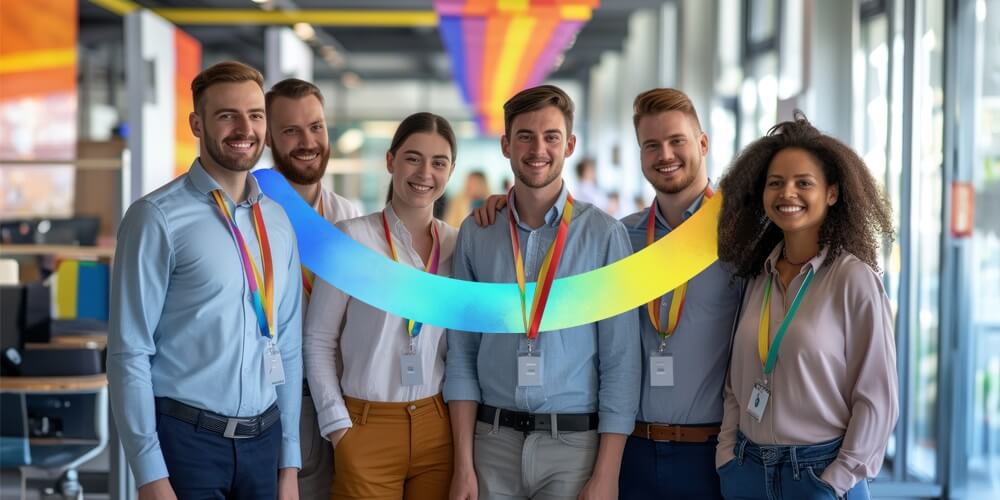The International Day Against Homophobia, Biphobia, lesbophobia and Transphobia (IDAHOBLIT) is a day to celebrate diversity and raise awareness of the human rights of lesbian, gay, bisexual, transgender, and intersex (LGBTIQ+) people.
We can all do our bit to be an ally and support the LGBTQ+ people around us. There are big changes that need to take place on a global scale. However, let’s not let that defeat us. Lots of small changes lead to big changes with big impacts. No two people are the same, and this is a fact that we should celebrate about life. Below, we dive deeper into the day and ways you can celebrate it.
Why May 17th?
The 17th of May represents a small step in the long journey towards an equal society. On this day in 1990, the World Health Organisation declassified homosexuality as a mental disorder. In doing so, they highlighted to decision-makers, the media, the public, corporations, opinion leaders, and local authorities the alarming situation faced by people with diverse sexual orientations, gender identities or expressions, and sex characteristics. More than 130 countries now celebrate IDAHOBLIT globally.
LGBTIQ+ people still face serious challenges in their everyday life. With 71 countries still criminalising same-sex relations, millions of lesbians, gay men and bisexual people live in fear of being who they are and showing who they love. Transgender people are subjected to punishments in at least 15 countries and experience unprecedented levels of violence across the globe. The need for change is clear—and that’s what this day is all about.
The theme for this year’s International Day Against Homophobia, Transphobia and Biphobia is “Our Bodies, Our Lives, Our Rights”. This theme relates to the persisting conversion therapies and horrific violence that LGBTIQ+ people are subject to across the globe.
Celebrating the day
Take action
LGBTQI+ people are suffering globally, and many organisations like Stonewall are doing crucial work to address and raise awareness of these issues. You can take action and play an essential part in this movement by fundraising or volunteering to help. It could be a run, bake sale or helping out with an event; every move matters.
Flagging
People can hang flags, posters and banners in their windows at home and at work. It’s about visibility, a constant reminder to people that a wonderfully diverse array of people live, love and work alongside them—even if they don’t realise it. You can find materials on the day’s dedicated website.
Educating
You don’t need to take it upon yourself to change the world on your own. But the more people speak up about LGBTQI+ issues, educate others, and normalise these conversations, the better.
Speak up, and let your voice be heard. Understand and illustrate the harms that discriminate against and exclude LGBTQI+ people with compelling stories that draw in and engage people.
Engagement is the hardest part. Sadly, many people still want to pretend that these issues will go away if ignored. Everyone has a duty to stress that the opposite is true—and we can usher in a more inclusive and diverse world for all.



